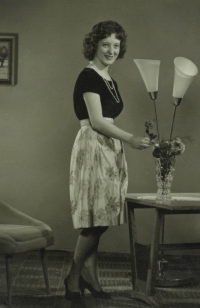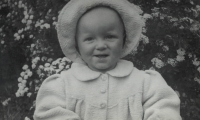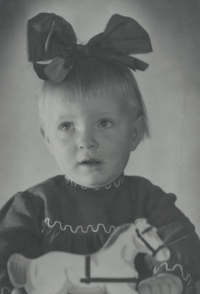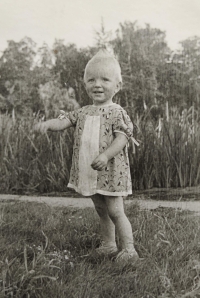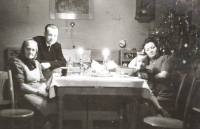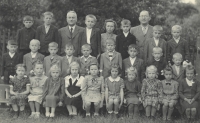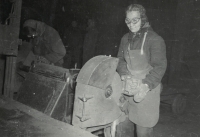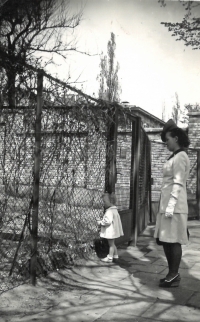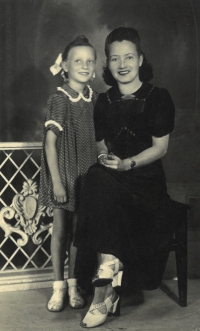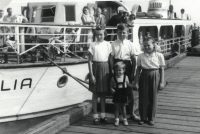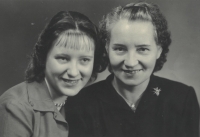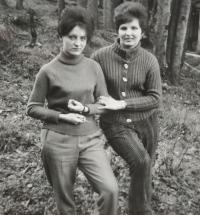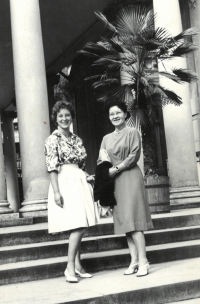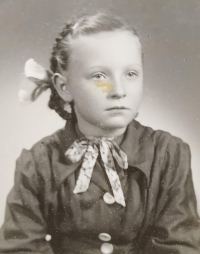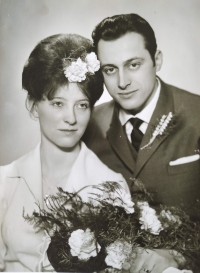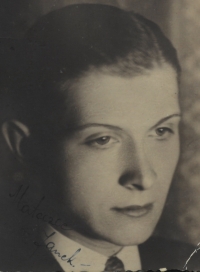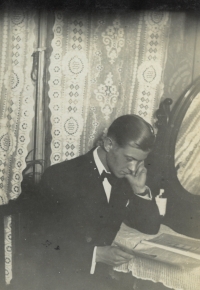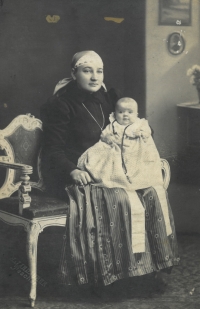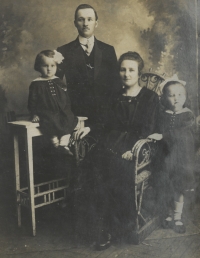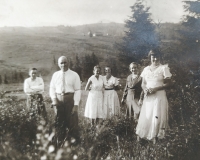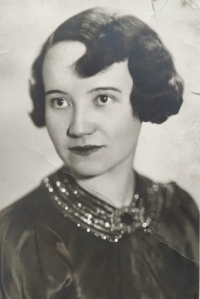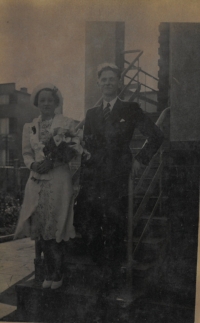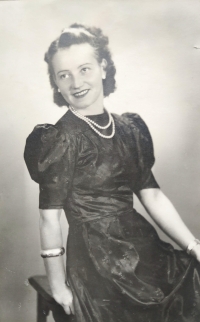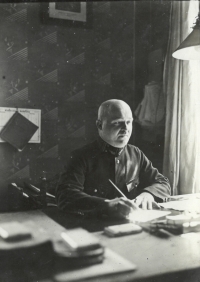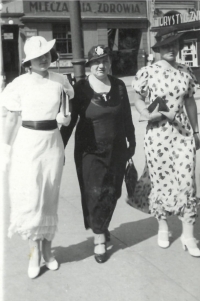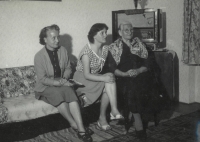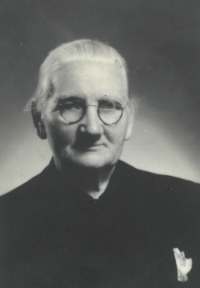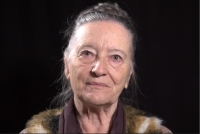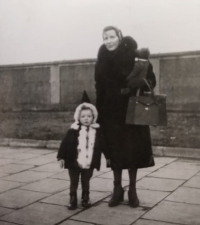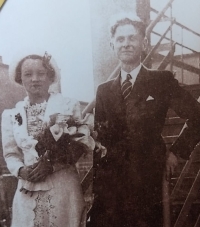He who saved a life saved the world
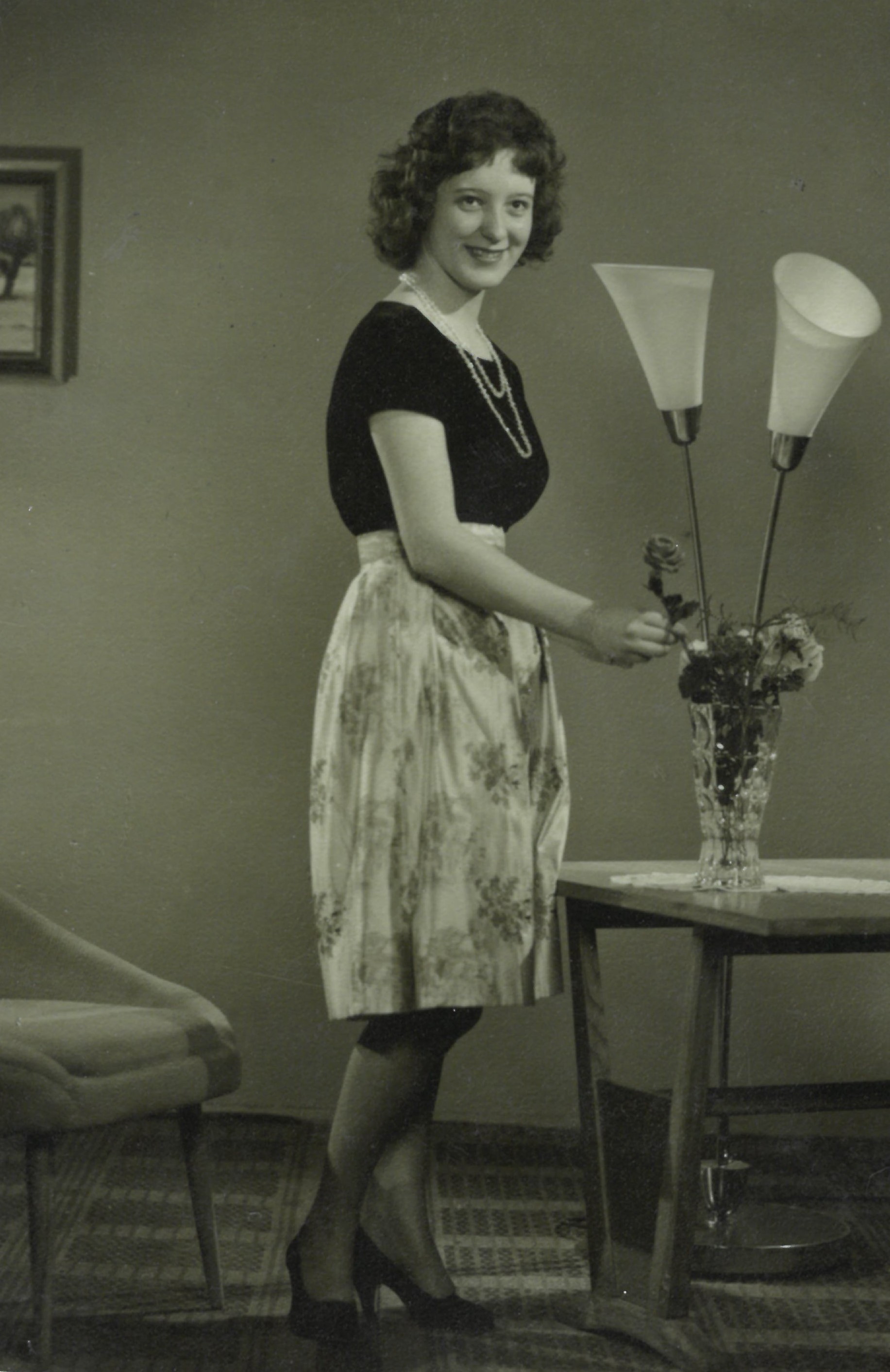
Download image
Edita Krystýnková was born as Barbara Pfeifer on 17 January 1942 in Warsaw to a mixed marriage between an evangelical school headmistress and a Jewish lawyer. Soon after her birth, her twin brother died, and her parents’ marriage broke up. Her mother’s help to Jewish children in the Warsaw ghetto led to her arrest and transport to Auschwitz. However, mom Emilia Pfeifer and one other woman managed to escape. At that time, little Edita was hidden from the Gestapo by her mother’s friends until her grandmother found her and took her in. Edita Krystýnková then spent the rest of the war at her grandmother’s home in Dziegielow, near the Goleszów concentration camp. She did not meet her mother again until after the war in 1945 at the border with Silesia. Mrs. Bielesz, a Jewish woman who had lost her family during the war, helped them overcome this difficult time by offering them a new home. Later, due to her mother’s serious illness, Edita Krystýnková couldn’t start any studies. She overcame all the hardships of her life thanks to her faith and belonged to the Messianic Jewish movement. In 2021, she lived in Brno.
